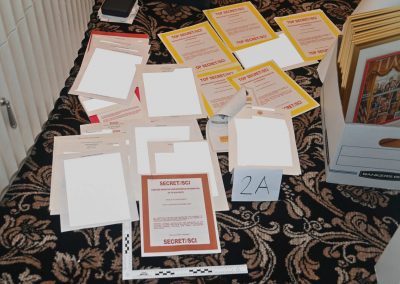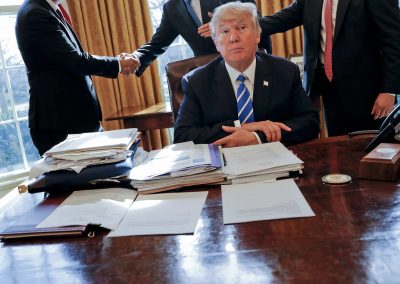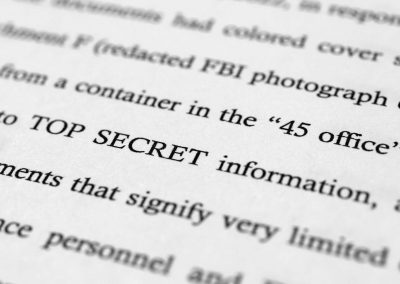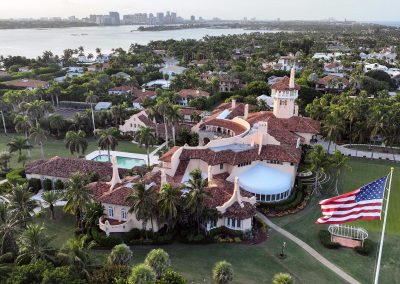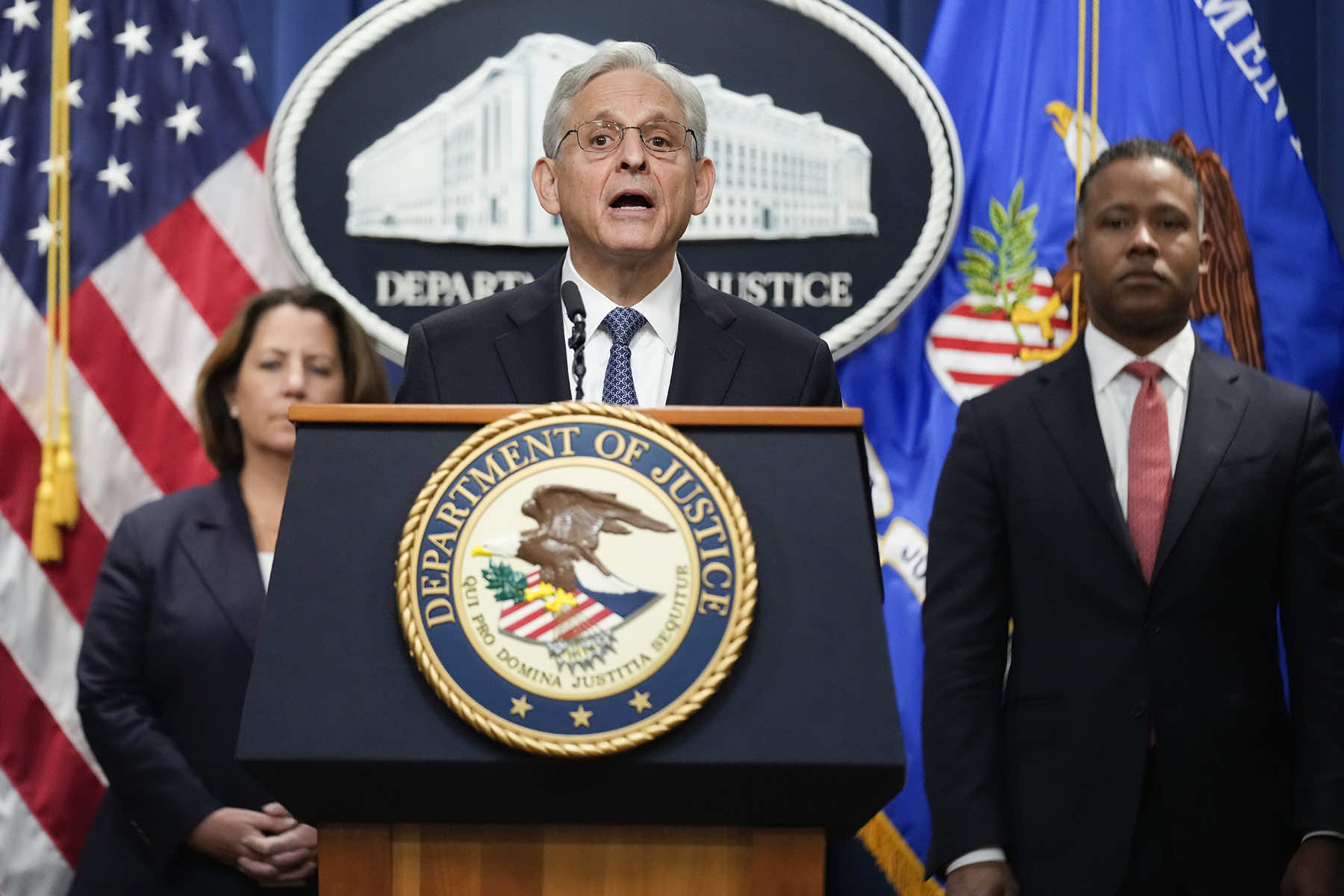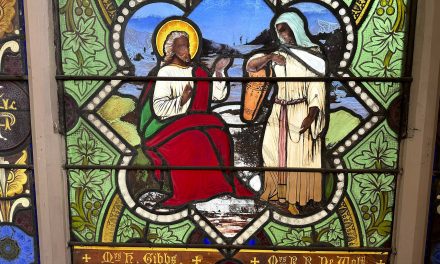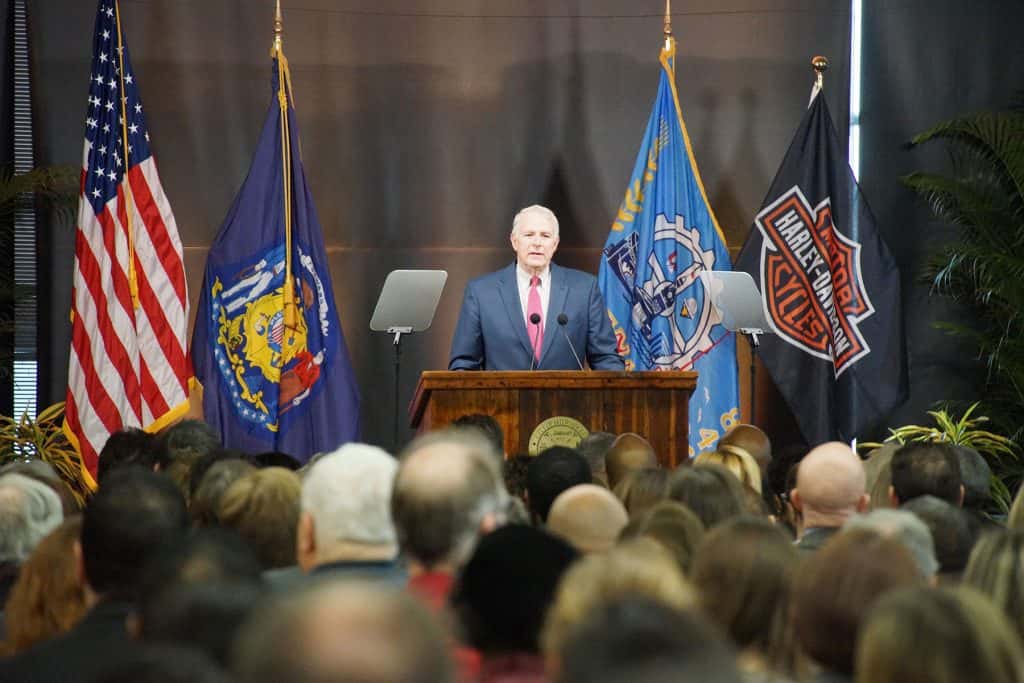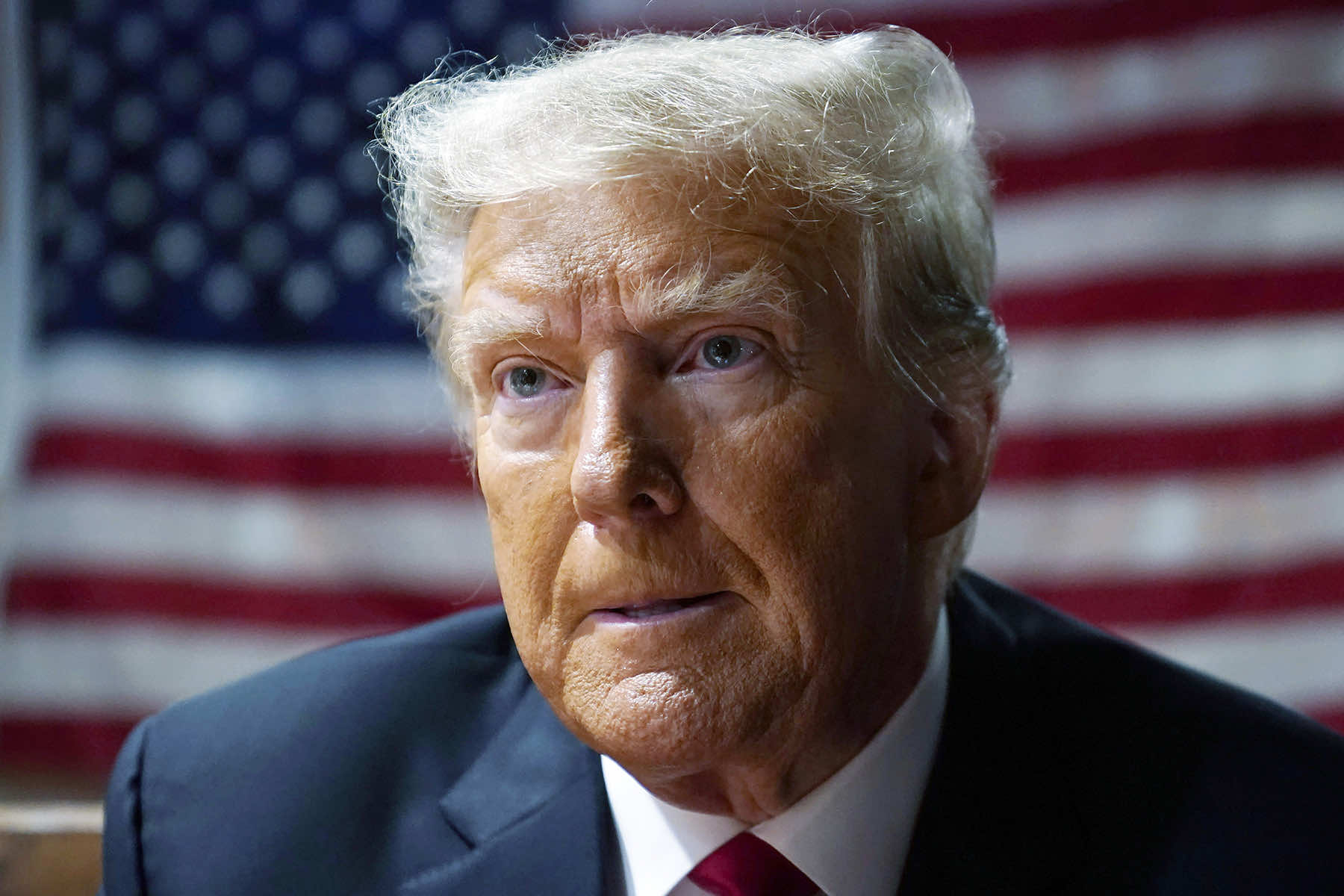
Donald Trump said on June 8 that he has been indicted on charges of mishandling classified documents at his Florida estate, igniting a federal prosecution that is arguably the most perilous of multiple legal threats against the former president as he seeks to reclaim the White House.
The Justice Department did not immediately publicly confirm the indictment. But two people familiar with the matter who were not authorized to discuss it publicly said Trump’s team had been informed that he had been indicted on seven counts and that prosecutors had contacted lawyers to advise them of the indictment shortly before Trump announced it himself on his Truth Social platform.
“This is indeed a DARK DAY for the United States of America,” Trump posted. “We are a Country in serious and rapid Decline, but together we will Make America Great Again!”
Within 20 minutes of his announcement, Trump, who said he was due in court on June 13 in Miami, had begun fundraising off it for his 2024 presidential campaign.
The case adds to deepening legal jeopardy for Trump, who has already been indicted in New York and faces additional investigations in Washington and Atlanta that also could lead to criminal charges. As the prosecution moves forward, it will pit Trump’s claims of sweeping executive power against Attorney General Merrick Garland’s oft-stated mantra that no person, including a former commander-in-chief, should be regarded as above the law.
The indictment arises from a monthslong investigation by special counsel Jack Smith into whether Trump broke the law by holding onto hundreds of documents marked classified at his Palm Beach property, Mar-a-Lago, and whether Trump took steps to obstruct the government’s efforts to recover the records.
Prosecutors have said that Trump took roughly 300 classified documents to Mar-a-Lago after leaving the White House, including some 100 that were seized by the FBI last August in a search of the home that underscored the gravity of the Justice Department’s investigation.
Trump and his team have long seen the special counsel investigation as far more perilous than the New York matter — both politically and legally. Campaign aides had been bracing for the fallout since Trump’s attorneys were notified that he was the target of the investigation, assuming it was not a matter of if charges would be brought, but when.
But it remains unclear what the immediate and long-term political consequences will be for Trump. His first indictment spurred millions of dollars in contributions from angry supporters and did not damage Trump in the polls. No matter what, the indictment — and the legal fight that follows – will throw Trump back into the spotlight, sucking attention away from the other candidates who are trying to build momentum in the 2024 presidential race.
Trump has insisted he was entitled to keep the classified documents when he left the White House, and has also claimed without evidence that he had declassified them.
The former president has long sought to use mounting legal troubles to his political advantage, complaining on social media and at public events that the cases are being driven by Democratic prosecutors out to hurt his 2024 election campaign. He is likely to rely on that playbook again, reviving his longstanding claims that the Justice Department — which, during his presidency, investigated whether his 2016 campaign had colluded with Russia — is somehow weaponized against him.
The case is a milestone for a Justice Department that had investigated Trump for years — as president and private citizen — but had never before charged him with a crime. Garland was appointed by President Joe Biden, who is seeking reelection in 2024.
Among the various state and federal investigations that Trump faces, legal experts — including Trump’s own former attorney general — had long seen the Mar-a-Lago probe as one of the most likely to result in indictment and the one where evidence seemed to favor the government. Court records unsealed last year showed federal investigators believed they had probable cause that multiple crimes had been committed, including the retention of national defense information, destruction of government records and obstruction of an investigation.
Since then, the Justice Department has amassed additional evidence and secured grand jury testimony from people close to Trump, including his own lawyers. The statutes governing the handling of classified records and obstruction are felonies that could carry years in prison in the event of a conviction.
Signs had mounted for weeks that an indictment was near, including a June 5 meeting between Trump’s lawyers and Justice Department officials. After that meeting, Trump said on social media that he anticipated he could be charged, even as he insisted he had done nothing wrong.
Though the bulk of the investigative work had been handled in Washington, with a grand jury meeting there for months, it recently emerged that prosecutors were presenting evidence before a separate panel in Florida, where many of the alleged acts of obstruction scrutinized by prosecutors — including efforts to move the boxes — took place.
Trump’s legal troubles extend beyond the New York indictment and classified documents case.
The special counsel has a separate probe underway focused on efforts by Trump and his allies to overturn the results of the 2020 presidential election. And the district attorney in Georgia’s Fulton County is investigating Trump over alleged efforts to subvert the 2020 election in that state.

